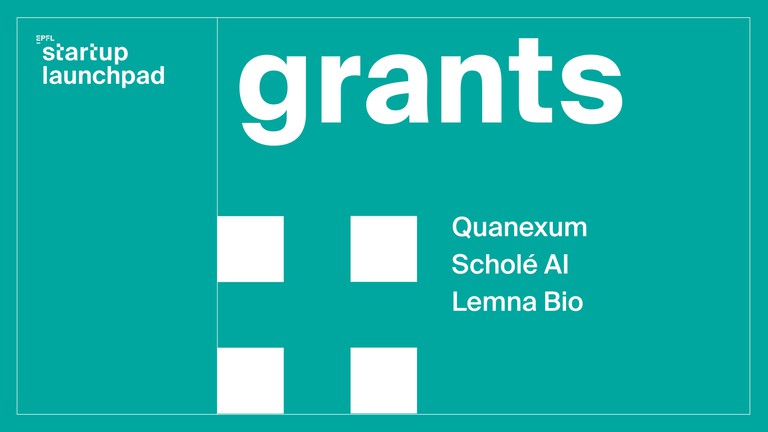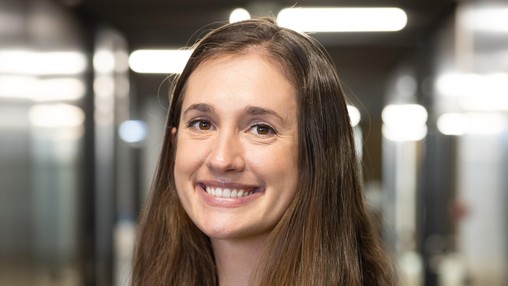Startup Launchpad

Bringing the right support at the right time
Embarking on a startup project requires passion, vision, drive and the ambition to have a positive impact on the world. We know that every project has a different trajectory, which is why we are here to provide the right support at the right time to help you bring your vision to life.
Our mission is to provide a comprehensive suite of services and resources to equip aspiring EPFL Master students, PhDs, Postdocs and professors with the knowledge and tools needed to succeed and launch the companies of tomorrow.
With our extensive network of experts and professionals, you will have access to mentorship, guidance and coachings, fundings and all the resources you need to get your business up and running.
Our Startup launchpad team is here to help you every step of the way.

Incubation
If your EPFL startup is still in its early stages of development, you can benefit from tailored funding options and coaching programs to validate your project.

Boosters
Benefit from collaboration with talented designers, developers and engineers to take your project to the next level.

Community
Seize the opportunity to network with experts, alumni, and investors, creating valuable connections that can help propel your project forward.
Impact
Meet our startups
Browse through the lists of EPFL Startups or EPFL Startups in creation.
Frequent Questions & Answers
The EPFL Startup Launchpad is EPFL’s incubator for promising technology startups. We offer dedicated support throughout the entire incubation journey:
Grants: dedicated funding for entrepreneurs
Boosters: unique acceleration services and programmes
We are looking for remarkable entrepreneurs with a scalable innovation meeting a market need.
To be eligible to join the EPFL Startup Launchpad you must:
• Be a tech startup – either a technological innovation or a business innovation that uses complex technology
• Have started to develop your product/service and have some early feedback from potential customers
• Be willing to work full time on your startup project
• Be in your incubation phase – your startup should not be incorporated yet
Our grants are only available for startups that are anchored in an EPFL Lab. You must have the full support of a Professor before applying to any grant.
Yes, but you’ll need to have a EPFL lab ready to host you. EPFL is home to world-leading laboratories that span disciplines and areas of expertise. By incubating in an EPFL lab, you and your idea will have access to world-class facilities backed by leading scientific advisors. Find a lab with the unique scientific edge you need here https://www.epfl.ch/labs/
Yes absolutely. All innovative technologies with scaling potential are welcome.
We work with entrepreneurs to help them get promising new technologies off the ground – moving from the lab to commercialisation. As such, we work with both early stage projects which need validation all the way to startups getting ready to launch.
Unfortunately, we don’t work with companies who are already incorporated or who are based outside of EPFL.
We don’t currently work with startups who are already incorporated. Our focus is incubation and preparing entrepreneurs and their company for the next step. Once they’ve incorporated, we step back and watch them grow.
No. Every startup has its own needs and therefore their own journey to success. There is no one way to work with us. It is our role to help you with the right support at the right time.
As much as we’d love to be able to help everyone find their place in the startup world, it’s not where we focus our time. If you’d like to expand your network, we’d encourage you to get involved with the many entrepreneur-based events and clubs on campus.
Absolutely. We will consider any startup who is eligible for our programme, regardless of their funding situation. Double check you qualify and get in touch, letting us know what your next steps are.
If your idea is eligible for our support, fill out our application form – tell us about your project, what you have done, and what you need to move forward. If your project looks interesting, we will invite you for a meeting. Together we will assess the best programme to support your idea.
News
Events
Contact
EPFL Startup Launchpad
Vice Presidency for Innovation and Impact
EPFL Innovation Park J
CH-1015 Lausanne










